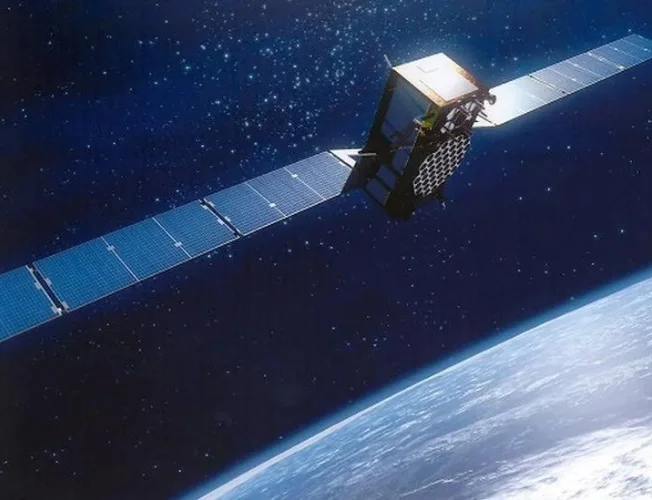The specter of space warfare looms as the US announces Russia’s development of a concerning anti-satellite weapon, raising questions about its capabilities, potential repercussions, and future ramifications for global security.
Cryptic Warnings and Classified Details
On February 15th, 2024, White House spokesperson John Kirby confirmed the intelligence community’s discovery of Russia’s emerging anti-satellite weapon, while emphasizing it remains undeployed. This revelation followed cryptic warnings from a senior House Republican about a “serious national security threat,” sparking widespread speculation and media frenzy.
Details surrounding the weapon remain classified, with Kirby refusing to confirm reports suggesting it’s space-based and equipped with a nuclear warhead. The New York Times, ABC, and CBS reported this possibility, further intensifying concerns.
US Response and Diplomatic Efforts
Despite the lack of public details, the US administration takes the threat seriously. President Biden reportedly received intelligence briefings, and Kirby affirmed “direct diplomatic engagement with Russia” is underway. Meanwhile, National Security Advisor Jake Sullivan highlighted the need to protect intelligence sources and methods, ensuring their effectiveness in future operations.
Space as the Next Battlefield
While space weapons might seem like science fiction, experts have long anticipated their emergence as military powers like Russia and China strive to match the US’s capabilities. A 2023 report by the Center for Strategic and International Studies revealed Russia’s ongoing development of various anti-satellite weapons, including a missile successfully tested against a Soviet-era satellite in 2021.
Kari Bingen, a former top Pentagon intelligence official, warns that Russia has already employed other methods like cyberattacks and jamming to disrupt satellite communications during the Ukraine war, demonstrating its growing focus on space-based warfare.
Public Anxiety and Repercussions
While officials like House Speaker Mike Johnson downplay the risk of panic, some lawmakers like Andy Ogles criticize the announcement, questioning its potential negative impact on public well-being. Experts, however, emphasize the far-reaching consequences of threats to US satellites.
The US military relies heavily on satellite communication for surveillance, missile detection, navigation, and weapon guidance. Disruptions could significantly hinder their operations, posing a major security challenge. Additionally, civilian life heavily depends on satellites for GPS services, weather forecasting, agriculture, and financial transactions.
Treaty Concerns and the Future of Space
The Outer Space Treaty of 1967 prohibits signatories, including the US, Russia, and China, from deploying nuclear weapons or other weapons of mass destruction in space. However, concerns arise about Russia’s disregard for treaties in the past, as highlighted by former US official Mick Mulroy.
With space becoming increasingly commercialized and explored, Matthew Kroenig, a former defense and intelligence official, underscores the need for securing this domain. He envisions a future where space serves as a platform for commerce and habitation, requiring international cooperation to ensure its safety and prevent conflict.
Looking Ahead
The revelation of Russia’s anti-satellite weapon development marks a critical juncture in the evolving landscape of space security. While immediate public panic might not be warranted, the potential consequences demand serious attention and proactive measures. Diplomatic engagement, international cooperation, and continued vigilance are crucial steps to mitigate risks and ensure a peaceful future for space exploration and utilization.





